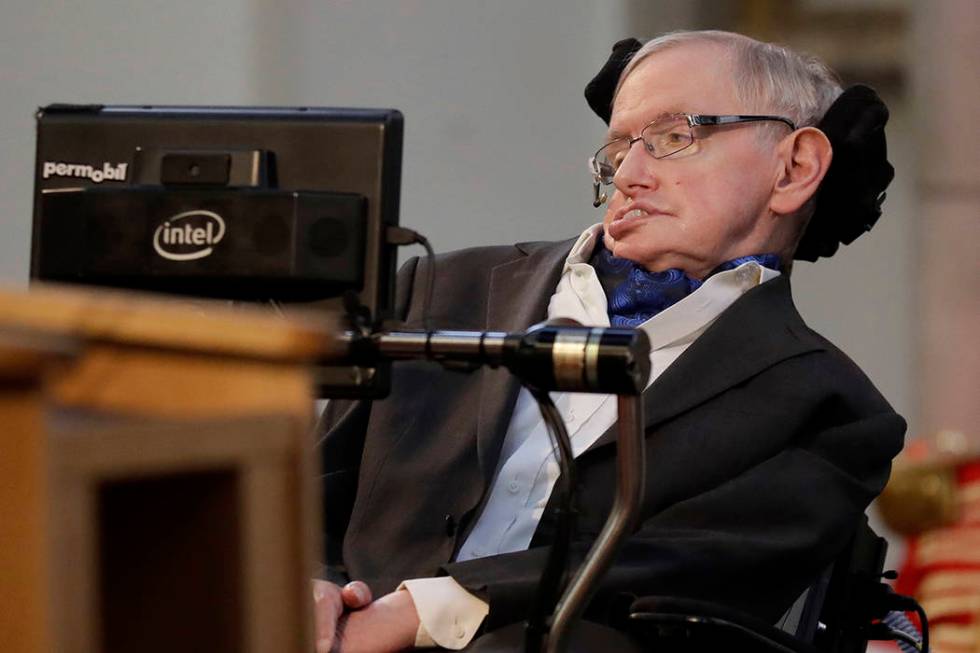Stephen Hawking thesis crashes Cambridge University website

As soon as physicist Stephen Hawking’s doctoral thesis became available online, thousands of people immediately downloaded it – so much demand that it crashed the website that Cambridge University posted it on.
It’s not every half-century-old postgraduate scientific research paper that generates intense demand. But this one, in a win for scholarship and physics and knowledge for the sheer joy of knowledge, is sizzling.
“Properties of Expanding Universes,” which Hawking wrote when he was a 24-year-old graduate student in 1965, long before he became one of the world’s most famous scientists, is now available to all, with its faded typewriter-keystrokes and scrawled handwriting.
Or it will be.
“We have had a huge response to Professor Hawking’s decision to make his Ph.D thesis publicly available to download, with almost 60,000 downloads in less than 24 hours,” said Stuart Roberts, a spokesman for the University of Cambridge.
“As a result, visitors to our open access site may find that it is performing slower than usual and may at times be temporarily unavailable.”
Instead of illumination, researchers, students, and the simply curious who try to read it on the university’s Apollo open-access digital library are left with this:
This site can’t be reached
The connection was reset.
Try:
Checking the connection
Checking the proxy and the firewall
Running Windows Network Diagnostics
ERR—CONNECTION—RESET
All Cambridge Ph.D students will now be required to submit an electronic copy of their doctoral work for preservation, and the university hopes to encourage many to allow that work to be open access so that other scholars can build upon their work.
They hope alumni will follow Hawking’s lead and allow access to their work as well.
“I hope to inspire people around the world to look up at the stars and not down at their feet; to wonder about our place in the universe and to try and make sense of the cosmos,” Hawking said in a written statement.
“Anyone, anywhere in the world should have free, unhindered access to not just my research, but to the research of every great and enquiring mind across the spectrum of human understanding.
“Each generation stands on the shoulders of those who have gone before them, just as I did as a young Ph.D student in Cambridge, inspired by the work of Isaac Newton, James Clerk Maxwell and Albert Einstein. It’s wonderful to hear how many people have already shown an interest in downloading my thesis – hopefully they won’t be disappointed now that they finally have access to it!”